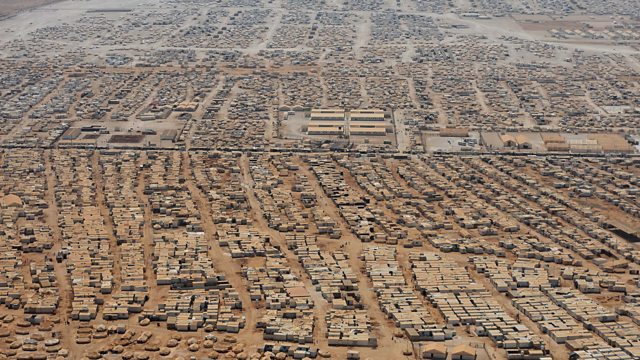
The Impact of War on Syrian Children
Protecting young minds – the impact of war and conflict on Syrian children. Plus Norway’s novel attempts to heal its citizens two years on from the Anders Breivik murders.
It's a common misconception that children, unlike adults, are so resilient that they can bounce back from the emotional and psychological impact of war and conflict. The evidence contradicts this and world experts in the field warn that, while some children do recover fully from exposure to the horrors of war, others experience long-term mental health problems.
As the war and fighting in Syria continues to claim more lives and destroy many others, Claudia Hammond reports from Jordan on how this latest conflict is exposing yet another generation to the traumatic impact of violence, killing and loss. She investigates what actually helps to alleviate the suffering of these children and prevent a life-time of recurring emotional distress.
The date 22 July 2011 has been described as the day Norway cried. After detonating a car bomb in Oslo, killing eight and injuring many more, Anders Breivik took a ferry to the island of Utoya. There, dressed as a policeman, he began a murderous spree, hunting down and indiscriminately shooting young people on the island who were attending a youth camp. Seventy-seven people were killed in total, many of them teenagers, and hundreds were injured.
This was the worst mass murder in Norwegian post-war history and the whole country was in shock. But Norway used this national tragedy to pioneer new ways of caring for their citizens. Claudia Hammond reports on the ground-breaking new ways Norway has been delivering psychological and mental health support to those who survived, and to those who lost relatives and friends.
(Photo: The Zaatari refugee camp in Jordan, 18 July 2013. Photo credit: Getty Images.)
Last on
More episodes
Previous
Next
Broadcast
- Sun 29 Dec 2013 14:06GMTÃÛÑ¿´«Ã½ World Service Online
Podcast
-
![]()
Unexpected Elements
The news you know, the science you don't

